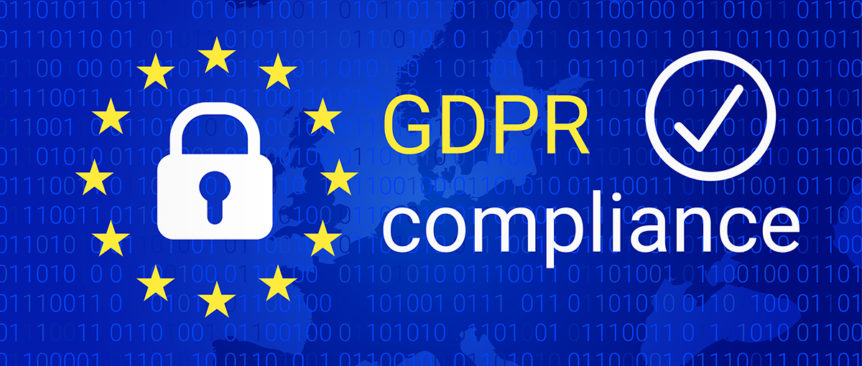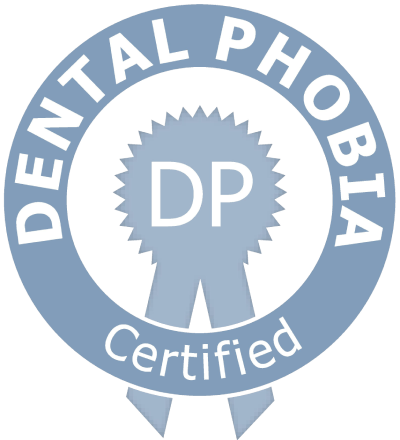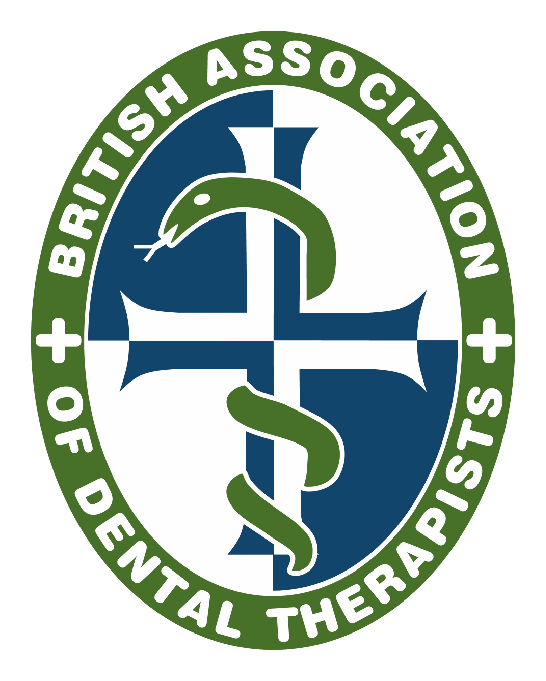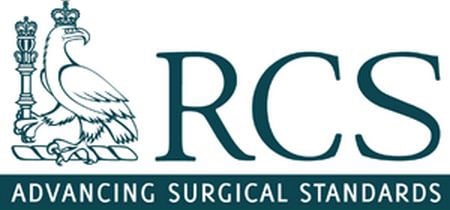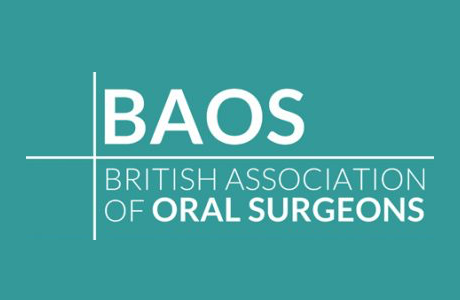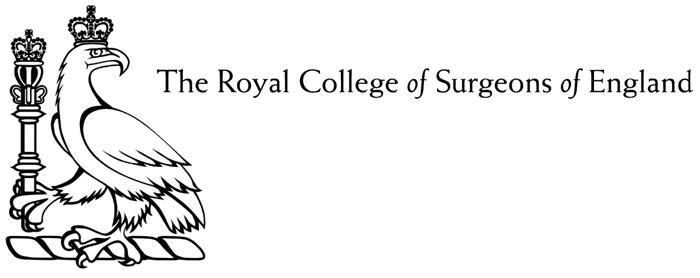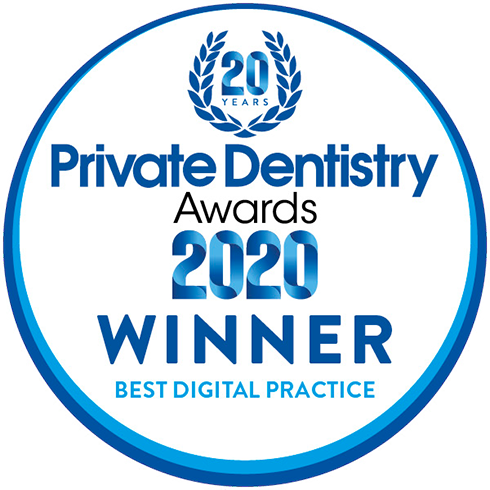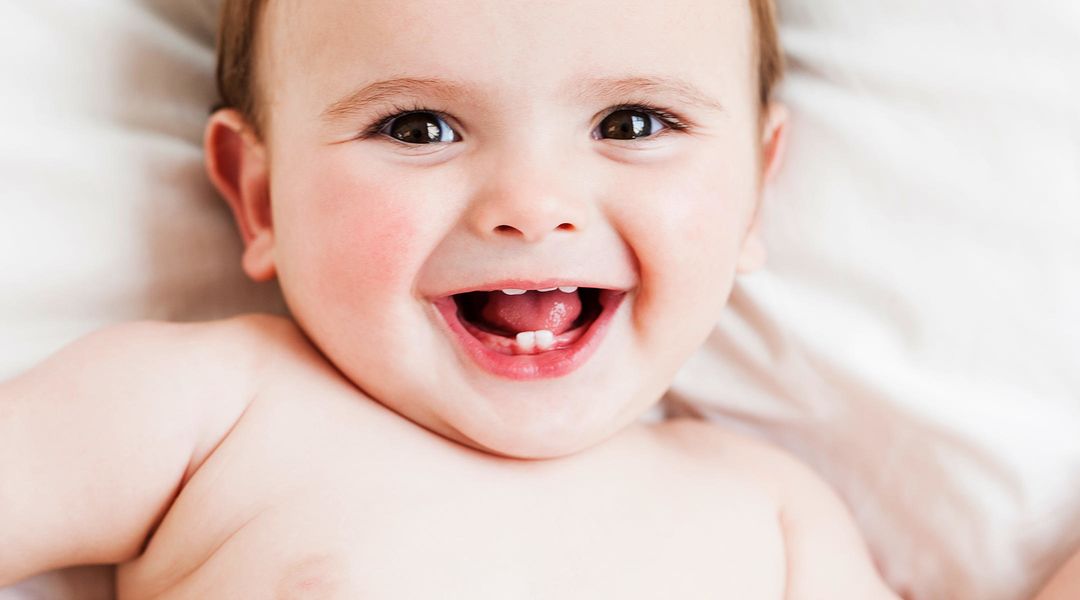
How to Care for Baby Teeth
How to Care for Baby Teeth
A baby’s teeth need caring for to help the development of their future permanent teeth. Once the first teeth appear around the age of 6 months you should brush them twice a day, using a dot size of baby-friendly toothpaste. Brush the inside and outside of your child’s teeth, as well as the tongue if you can.
Even before the first teeth emerge, you can clean the gums using a soft washcloth on your index finger.
It’s also important to note that fluoride will help make the tooth enamel stronger, but only small amounts are needed. Babies get fluoride from toothpaste, supplements (if needed), and water in the main but if you think your baby might be in need you can get a fluoride varnish from a dentist. Do get in touch if you think you may require this additional support.
Protecting your Baby’s Gums against Gum Disease
A good oral hygiene routine is the best prevention of gum disease in babies and infants. Start babies off on the right foot by wiping their gums after every feed using a soft cloth. When the first tooth erupts begin by using a baby toothbrush and a pea-sized amount of toothpaste. When the second tooth emerges begin gentle flossing to prevent cavities and don’t forget to start booking in for regular check ups at the dentist. It’s also important to remember to not use a sippy cup containing sweetened drinks for an extended period of time as it increases the risk of tooth decay. A sippy cup should be a transitional item used for a short period until a toddler is able to drink from a regular cup.
Do pacifiers impact a Child’s Oral Health?
Pacifiers used over a long period of time can have a detrimental effect on your child’s oral health. Lengthy use of a pacifier can alter the shape of the mouth, in particular the roof of the mouth so that over time the top and bottom rows of teeth will not touch. Pacifiers may also lead to misaligned teeth and potentially changes in the alignment of the jaw including crooked or crowded teeth.. It’s good to view pacifiers as temporary and have your baby weaned off them by the age of two, if not before.
Talk with one of our friendly dentists for advice on how best to use a pacifier if you’re worried.
Everything You Need to Know about Teething
Babies start to develop baby teeth from around the age of 6 months. This can result in irritability, drooling, chewing objects and can affect their sleep. The following tips may help:
1. The pressure in baby’s gums can be soothed by giving them a cold spoon or frozen washcloth to chew on.
2. Giving a baby a warm bath can soothe their irritability.
3. Your dentist can recommend a teething gel to soothe your baby’s gums.
There are many objects on the market today that can be chilled or frozen for your baby to chew on to help numb their mouth and stop their teething pain.
When To Seek Medical Advice for a Teething Infant
In the past, it was thought that teething and vomiting were related. Modern research has confirmed that this is not generally the case. While new teeth will cause a certain amount of discomfort, it is still wise to consult with a dentist or physician if the vomiting persists. Call a doctor if a fever is present for more than 12 hours and seek assistance if a rash accompanies this fever. Always get help if the child cannot breathe properly.
How to Deal with Loose Baby Teeth
While completely natural, losing baby teeth can feel a bit strange for some children. This is why parents should play an active role during such a life event. Try to explain to the child why his or her teeth are loosening and address any questions they may have. It’s also good to encourage the child to gently wiggle on the affected tooth, however, it is important to let nature take its course and let the tooth fall out on its own rather than pulling on it. Manhandling a wobbly tooth can cause undue pain, excessive bleeding, or even risk an infection so always let it come out when it’s ready. It can also be a good idea to book a visit to the dentist to ensure that no oral hygiene issues are present.
How to Deal with a Chipped Baby Tooth
First of all, don’t panic, babies and toddlers chip their teeth all the time. Here’s what you should do:
1. Make an appointment to see a dentist as soon as possible; bacteria can enter the tooth’s root causing an infection.
2. If the chipped fragment is salvageable, you should keep it in milk until you get to the dentist.
3. If your baby seems to be in pain, you can soothe their face using a cold compress.
Remember: Just because your baby’s primary tooth isn’t permanent doesn’t mean you shouldn’t seek treatment for your child. This is one of the most important things to remember when it comes to how to care for baby teeth.
Possible Complications with Extracting Baby Teeth
Baby teeth normally fall out of their own accord as the adult teeth come through, but occasionally a baby tooth may need extracting. Complications arising from an extraction are rare but would need to be treated by a dentist.
A few important things to note:
1. If the blood clot covering the extraction area is dislodged, it can lead to a painful condition called dry socket.
2. Infection following extraction is rare and symptoms can include pain, swelling and bad breath.
3. Any nerve damage resulting in numbness should be temporary, but it is still best to consult a dentist.
If you suspect your child’s mouth isn’t healing properly or that they have an infection, reach out to your dentist as soon as possible!

 book online
book online

